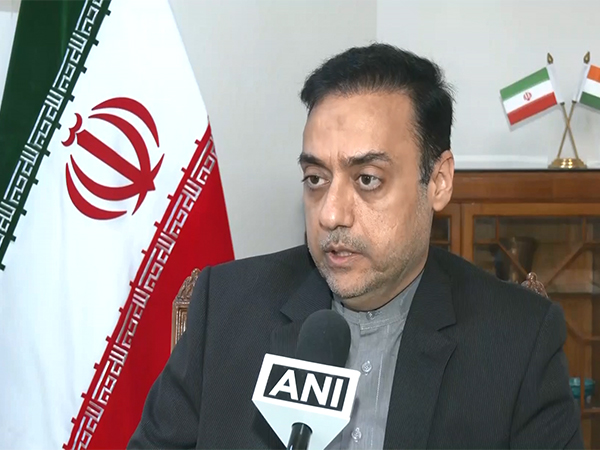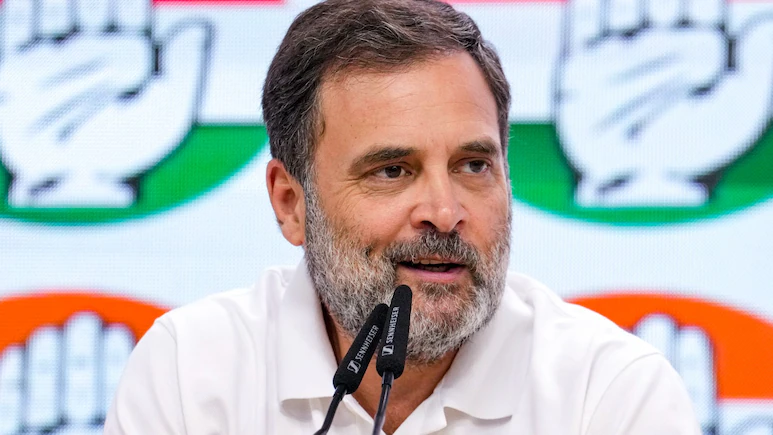Tehran Issues Veiled Threat on Indian Soil Amid Rumors of U.S.-Pakistan Military Link During Israel-Iran Conflict
As the Iran-Israel conflict escalates, fresh geopolitical tremors are being felt across the region — and this time, Pakistan finds itself under Tehran’s scrutiny. In a sharply worded statement from New Delhi, Iranian Deputy Chief of Mission in India, Mohammad Javad Hosseini, expressed serious concern over speculation that Pakistan could allow its airspace or military infrastructure to be used for operations against Iran. The remarks come in the wake of ongoing tensions and unconfirmed reports suggesting a meeting between Pakistan’s Army Chief Gen. Asim Munir and former U.S. President Donald Trump during the ongoing crisis.
With Israel conducting long-range strikes deep inside Iranian territory and the U.S. openly backing Tel Aviv, Iran’s diplomatic posturing is growing more intense. And the message delivered in India — a regional heavyweight and diplomatic neutralizer — suggests Tehran is now closely watching Pakistan’s every move.
Iran’s Deputy Envoy Sends Coded Message to Pakistan From New Delhi
Iran has sent an unmistakable message to Islamabad: Stay neutral, or face consequences. While no direct accusation has yet been made, diplomat Mohammad Javad Hosseini’s statement carried the weight of a warning. “We hope our neighbors will not allow their land or airspace to be misused in any hostile activity against Iran,” he stated, alluding to Pakistan without explicitly naming it. His remarks follow media buzz around a possible U.S.-Pakistan military alignment amid the Iran-Israel standoff.
"Hope...would not use this one": Senior Iranian diplomat over Asim Munir's US visit and possibility of Pak airspace being used for operations against Iran
— ANI Digital (@ani_digital) June 18, 2025
Read @ANI Story | https://t.co/Ei8uR5okPx#JavadHosseini #Iran #Pakistan #US pic.twitter.com/BZ3nUECIKH
Such speculation was fueled by reports suggesting Gen. Asim Munir’s quiet engagement with U.S. defense and intelligence officials, including a potential audience with Donald Trump. The implications are stark: Should Pakistan permit the U.S. to use its airspace for any action targeting Iran, Tehran may view it as a hostile act — not just a breach of neighborly trust, but an act of regional betrayal.
This veiled warning, delivered on Indian soil, is also symbolic. Iran likely chose New Delhi as the venue to underline its message to the international community — especially since India maintains robust diplomatic ties with both Iran and Israel and is seen as a stabilizing voice in the region.
Pakistan’s Strategic Dilemma: Neutrality or Risk Becoming Iran’s Next Target
For Pakistan, already burdened with economic instability and geopolitical balancing acts, Iran’s warning introduces a new complication. Any cooperation — even passive — with Western or Israeli efforts to strike Iran could plunge Pakistan into a wider West Asian conflict. Not only would it jeopardize its fragile regional alliances, but it could also spark retaliatory actions by Iranian proxies along the volatile Iran-Pakistan border.
Iran’s use of public diplomacy to convey this message in India also indicates it does not trust backchannel communication at this point. Tehran appears to be taking pre-emptive steps to hold Islamabad accountable — should any aggression against Iran occur via Pakistani territory.
This comes at a critical moment when West Asia is teetering on the edge. Israeli strikes have intensified, the U.S. has moved assets into the region, and Iran has started making diplomatic calls for de-escalation. Pakistan, caught in the middle, must tread carefully.





















